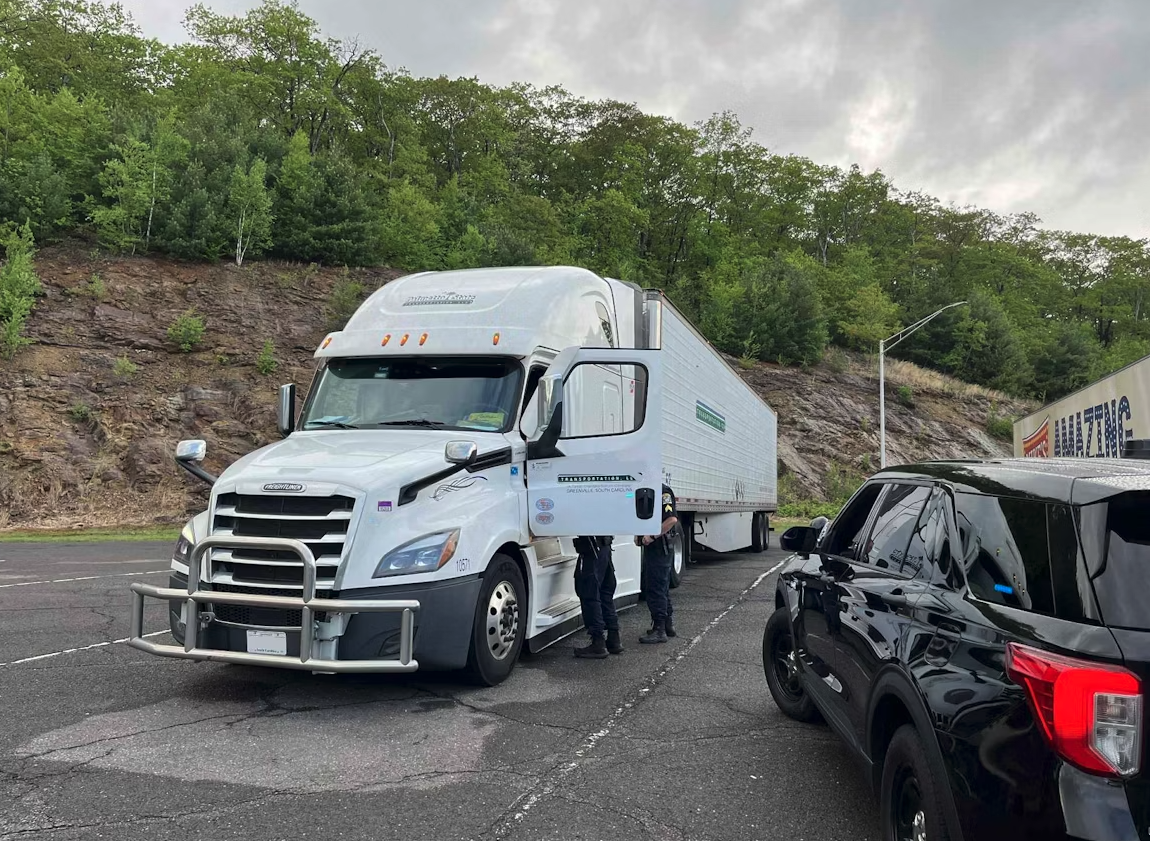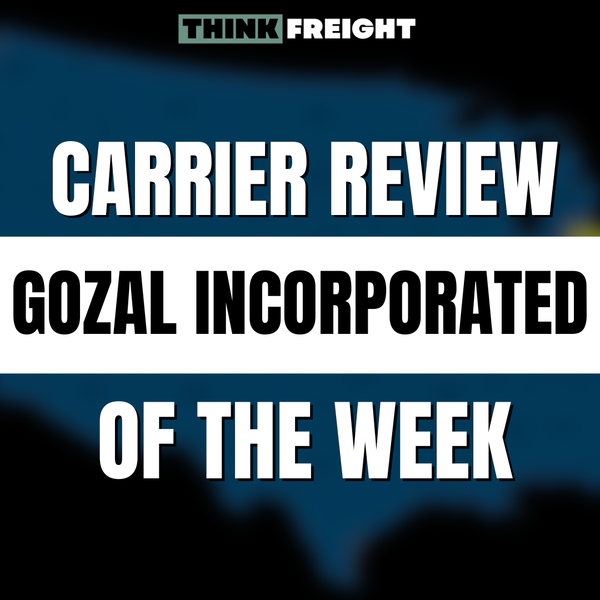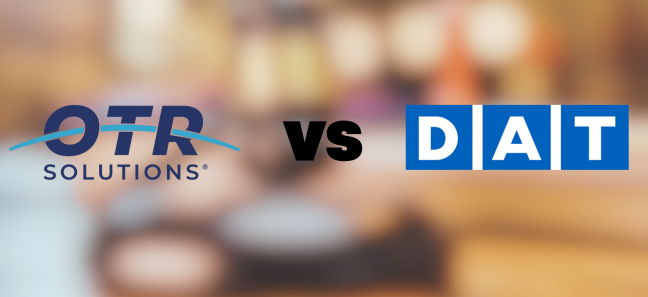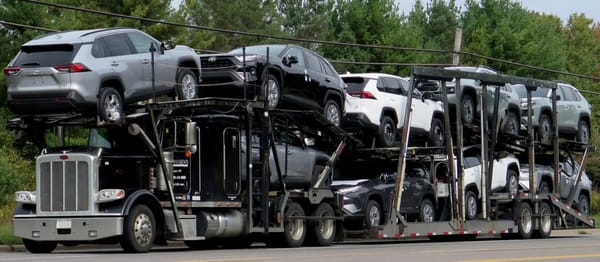CDL listed under 'No Name Given' tied to $1.6M cargo theft case
Authorities recovered over $1.6 million in stolen electronics tied to a cargo theft case that began at Dallas-Fort Worth International Airport and ended near Flagstaff, Arizona. The shipment, tracked by Overhaul’s Law Enforcement Connect team, was supposed to be delivered in Childress, Texas.

Authorities recovered over $1.6 million in stolen electronics tied to a cargo theft case that began at Dallas-Fort Worth International Airport and ended near Flagstaff, Arizona. The shipment, tracked by Overhaul’s Law Enforcement Connect team, was supposed to be delivered in Childress, Texas.
Instead, it was driven through New Mexico and into Arizona before police caught up with the vehicle on I-40.
When Arizona Highway Patrol stopped the tractor-trailer, three people were inside. Two were identified as drivers; all three were arrested. According to Overhaul, two of the individuals were in the U.S. illegally.
The truck was registered to a person with a California CDL that listed their last name as “Diamond” and first name as “No Name Given.”
The ‘No Name Given’ CDL and Licensing Loopholes
The bizarre CDL entry raised eyebrows. According to the California DMV, the agency enters names exactly as they appear on submitted identity documents. If “No Name Given” is written in the first name field, the DMV uses it. This policy applies to all license types, including CDLs. While rare, the practice stems from situations where individuals come from cultures or countries where only one name is common—like Afghanistan. In such cases, U.S. immigration authorities insert “No Name Given” for missing name fields.
California also issues limited-term CDLs to non-citizens and doesn’t track the citizenship status of CDL holders. Proof of legal presence is required under federal law, but applicants can present a wide variety of documents to verify residency—including cell phone bills or letters from shelters or community organizations.
A 2022 bill signed by Governor Gavin Newsom is set to expand Real ID access to all Californians by 2027, regardless of immigration status.





